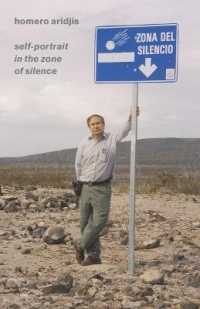Full Description
In modern political science, the phenomenon of political leadership is described and explained using diverse theoretical models, different analytical perspectives, or different research scales. Keeping in mind this theoretical and research pluralism, the author suggests applying an original integral explanatory strategy, which defines the relational leadership asymmetry between the leader and followers in terms of a dialectical subject-object relationship (co-determination); that is to say, in terms of a dynamic and complex political process in which the interdependencies and mutual influences of the leader and followers fall under analysis. In this sense, leadership is treated as a processual phenomenon in which the form, content, and shape of leadership depend not only on the talents, qualities, or abilities of the political leader, but also - and in a gradable manner - on the external environment and followers, their collective expectations, aspirations, goals, needs, etc.; or, speaking more broadly, the particular-political conditions in which the complex leadership mechanism takes place.
Contents
Introduction - Chapter I: Integral Explanation in Political Science - Chapter II: The Systemic- Functional Level - Chapter III: The Consciousness Level - Chapter IV: The Emotional Level - References - List of Figures








